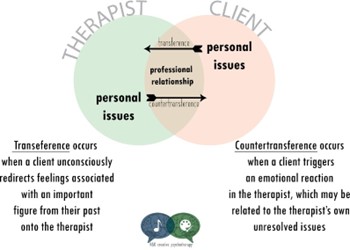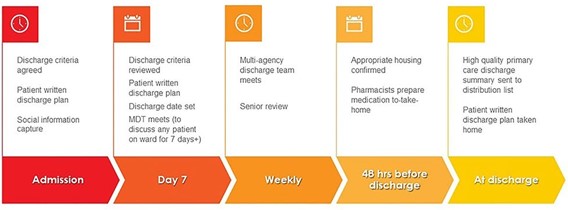A patient who is experiencing moderate anxiety says, "l feel undone." An appropriate response for the registered nurse who needs clarification would be:
Select one:
I’m not sure I understand. Please give me an example...
"Can you explain me everything again?"
"Why do you feel like that? What would you like me to do to help you?"
You must get your feelings under control before we can continue."
The Correct Answer is A
This response is appropriate because it seeks clarification and more information to help the nurse better understand the patient's statement. By asking for an example, the nurse can gain a better understanding of the patient's experience and identify appropriate interventions to help the patient manage their anxiety.
Option b is not an appropriate response as it does not seek clarification and instead asks the patient to repeat themselves.
Option c is partially appropriate but could be improved by asking more specific questions to help the patient articulate their feelings and needs.
Option d is not an appropriate response as it dismisses the patient's feelings and may cause the patient to feel unsupported and isolated.
Nursing Test Bank
Naxlex Comprehensive Predictor Exams
Related Questions
Correct Answer is C
Explanation
Countertransference refers to the feelings and emotions that a healthcare provider may have towards a patient. In this case, the nurse is experiencing sadness and reflecting on their own personal experiences with their grandparents while assessing the confused older adult. This can lead to the nurse projecting their own feelings and emotions onto the patient.

Correct Answer is A
Explanation
Chronic anxiety is a persistent feeling of unease, worry, or fear that can interfere with daily life. To manage chronic anxiety, the client needs to identify anxiety-producing situations that trigger their symptoms. This can help the client avoid or cope better with these situations. It is important to note that it is not always possible to eliminate stress and anxiety from daily life, so it is better to focus on managing it effectively.
Trying to repress feelings of anxiety is not a helpful strategy and can make the client's symptoms worse in the long run. Repressing emotions can lead to feelings of frustration, irritability, and even physical symptoms such as headaches or muscle tension.
Contacting the crisis counselor once a week may be helpful for some clients, but it is not a standard recommendation for all clients with chronic anxiety. The discharge plan should include personalized recommendations that are tailored to the client's specific needs and circumstances.

Whether you are a student looking to ace your exams or a practicing nurse seeking to enhance your expertise , our nursing education contents will empower you with the confidence and competence to make a difference in the lives of patients and become a respected leader in the healthcare field.
Visit Naxlex, invest in your future and unlock endless possibilities with our unparalleled nursing education contents today
Report Wrong Answer on the Current Question
Do you disagree with the answer? If yes, what is your expected answer? Explain.
Kindly be descriptive with the issue you are facing.
